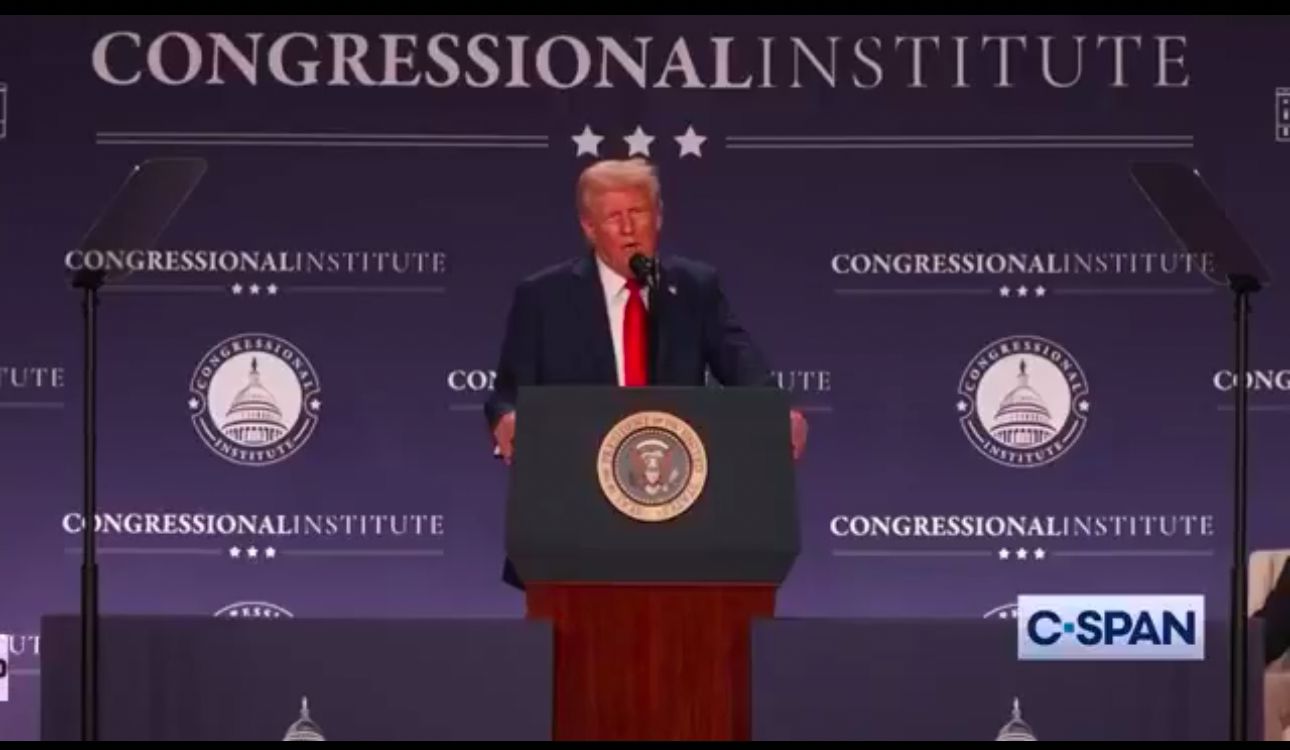Candlestick analysis is one of the key tools for traders, helping them predict price movements. Understanding candlestick patterns allows traders to identify trends, reversals, and entry points for profitable trades.
📌 In this article, we will cover:
✔️ How do Japanese candlesticks work?
✔️ What are the main candlestick patterns?
✔️ How to use candlestick analysis for successful trading?
📌 1. How Do Japanese Candlesticks Work?
Each candlestick represents:
✔ Open Price (Open) – the price at the beginning of the period.
✔ Close Price (Close) – the price at the end of the period.
✔ High (High) – the highest price reached during the period.
✔ Low (Low) – the lowest price reached during the period.
🔹 How to Read a Candlestick?
🔹 Green (bullish) candle – the closing price is higher than the opening price (price increase).
🔹 Red (bearish) candle – the closing price is lower than the opening price (price decrease).
🔹 Long wicks (shadows) – indicate pressure from buyers or sellers.
💡 Conclusion: Candlestick shapes reveal whether bulls or bears control the market.
📌 2. Key Candlestick Patterns
Candlestick patterns are divided into reversal and continuation signals.
🔹 Reversal Patterns:
✔ Hammer – potential reversal upward after a downtrend.
✔ Hanging Man – potential reversal downward after an uptrend.
✔ Engulfing Pattern – strong signal of trend change.
✔ Doji – market indecision, possible trend reversal.
🔹 Continuation Patterns:
✔ Three White Soldiers – strong bullish trend continuation.
✔ Three Black Crows – strong bearish trend continuation.
✔ Pennant – consolidation before the next price movement.
✔ Flag – short correction before trend continuation.
💡 Tip: The stronger the confirmation from volume, the more reliable the pattern.
📌 3. How to Use Candlestick Analysis in Trading?
✔ Identify trends – patterns help understand market direction.
✔ Combine with indicators – use RSI, MACD, and Bollinger Bands for confirmation.
✔ Evaluate trading volume – high volume strengthens the signal.
✔ Don’t rely on a single pattern – analyze the market comprehensively.
💡 The best strategies use candlestick analysis along with technical indicators.
🚀 Conclusion: Candlestick Patterns Are a Powerful Trading Tool
✔ Candlestick analysis helps forecast market movements and find ideal entry points.
✔ Understanding patterns and confirming them with other tools increases accuracy.
✔ The more experience you gain, the better your analysis will be.
📌 Want to automate candlestick pattern analysis?
🔹 Sign up at Cryptonna.com and test trading bots that recognize candlestick formations.
🔹 Use advanced algorithms to analyze market movements and identify profitable trades.
💡 Candlestick analysis is your key to successful trading!



